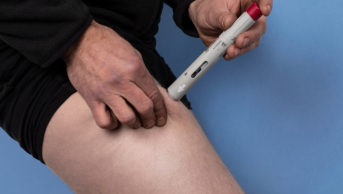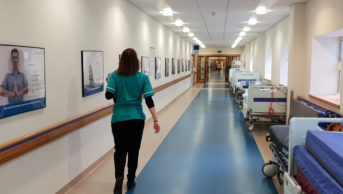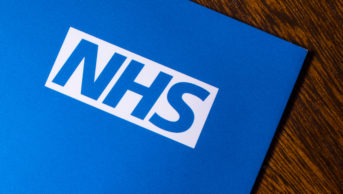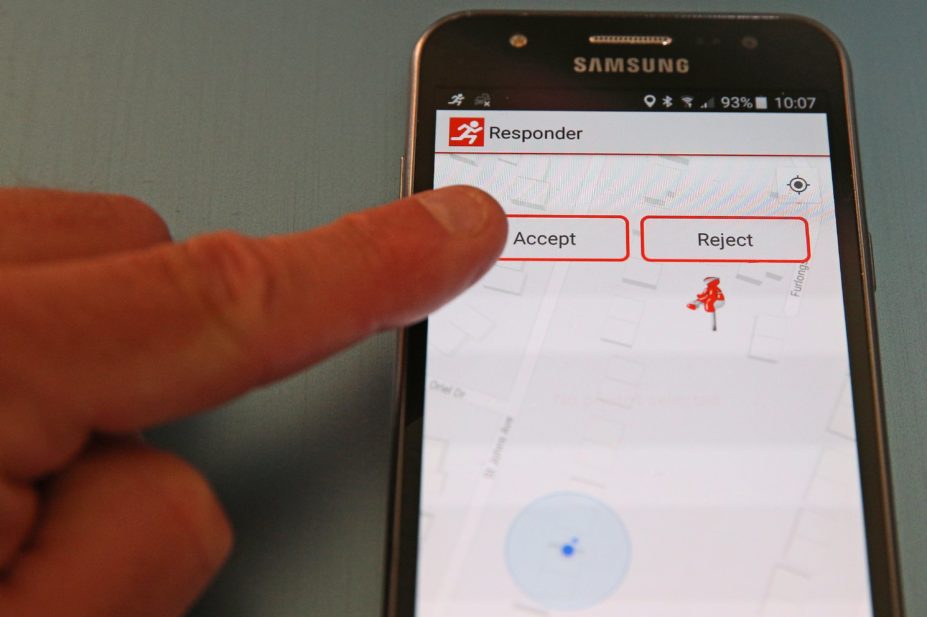
Nigel French/EMPICS Entertainment
Open access article
The Royal Pharmaceutical Society has made this article free to access in order to help healthcare professionals stay informed about an issue of national importance.
To learn more about coronavirus, please visit: https://www.rpharms.com/resources/pharmacy-guides/wuhan-novel-coronavirus
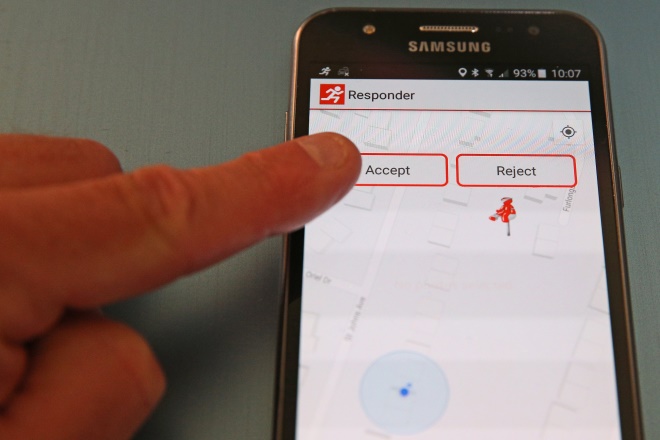
Source: Nigel French/EMPICS Entertainment
Pharmacists previously raised concerns around using the NHS volunteer responders scheme after being told they would be responsible for carrying out safety checks on volunteers
Only 5% of tasks carried out by NHS volunteers so far have been requested by community pharmacies, NHS England has said.
The NHS volunteer responders scheme, which was launched in early April 2020 to assist the healthcare system during the COVID-19 pandemic, gives pharmacists and other healthcare providers the option to request help with a variety of tasks — including medicines deliveries — from NHS-approved volunteers through an online system.
During a webinar for community pharmacists on 7 May 2020, Emma Easton, head of voluntary partnerships at NHS England, said that 111,000 tasks had been completed by volunteers, as of the previous day.
However, she added that just “5% of those are coming from pharmacy”.
“Our biggest referrers are GPs, local authorities and self-referral, which provides a different option,” she said, adding that pharmacies can suggest patients self-refer to the scheme for help with getting their medicines delivered.
Community pharmacists have previously called into question the safety of the scheme for medicines deliveries, telling The Pharmaceutical Journal on 15 April 2020 that they would not be using NHS volunteers after the Pharmaceutical Services Negotiating Committee (PSNC) said pharmacies would be responsible for carrying out safety checks on volunteers.
At the launch of the service on 7 April 2020, the PSNC also warned that “fraudsters could use this system” to exploit vulnerable patients, while the National Pharmacy Association said on 6 May 2020 that the scheme’s professional indemnity would only cover volunteers delivering medicines if they “provide a valid Disclosure and Barring Service (DBS) certificate”.
NHS England said during a webinar on 8 April 2020 that it would not be issuing DBS checks for volunteers delivering medicines.
However, in the latest webinar, Easton said the scheme had “just added, this week, a ‘community response plus’ volunteer role” for delivering medicines to patients with cognitive impairments and other significant vulnerabilities.
Volunteers in this role “have undergone a little bit more training and have a DBS check”, she said, adding that 560,000 of the 750,000 volunteers who had registered had been approved by the NHS.
Commenting on community pharmacy’s uptake of NHS volunteers, Alastair Buxton, director of NHS services at the PSNC, told The Pharmaceutical Journal: “As well as the NHS volunteer responders scheme, many local initiatives have also been set up.
“This, coupled with the sector’s concerns around the use of non-DBS checked volunteers to deliver medicines to vulnerable people, is likely to have informed pharmacy contractors’ decisions on whether to utilise the GoodSam app.”
Using volunteers to deliver medicines forms part of NHS England’s ‘Pandemic delivery service’, under which it is now an essential service for pharmacies to ensure shielding patients are delivered their medicines either through a family member, friend, volunteer or through the advanced delivery service.
Pharmacies offering the advanced service can deliver the medicines to shielding patients themselves or through a courier company.
Contractors are paid a flat rate to provide the essential service, depending on the total number of items dispensed by the pharmacy, while those offering the advanced service are paid an additional £6 per delivery.
Speaking during the webinar on 7 May 2020, Jill Loader, deputy director of pharmacy commissioning at NHS England, said the organisation would be following up on “some very big [financial] claims from contractors … to ensure the requirements of the service are fulfilled”.
“Just to remind you that is a service for shielded patients and people should see if there’s a family member, friend or a volunteer who can deliver first,” she said.
